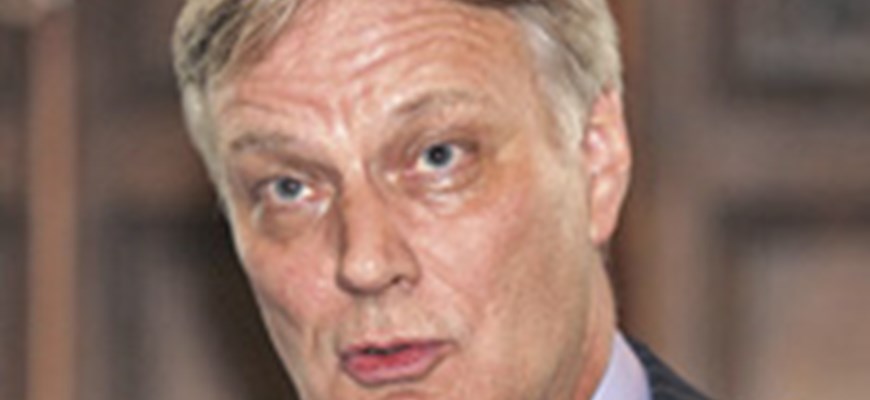
The CCBE, the Council of European Bars and Law Societies held its plenary meeting in Edinburgh last month under this year’s President, Scottish solicitor Ruthven Gemmell.
About 180 lawyers from the 32 full-member countries and 13 associate and observer members convened in the Assembly Rooms, the flags on the delegate tables in the main room giving the feel of a scaled-down session of the United Nations.
Leaders of the Scottish profession turned out in force to greet the delegates, and three keynote addresses set the scene for their deliberations.
Lord Hodge, one of the Scottish Justices of the UK Supreme Court (and a former trainee colleague of Ruthven Gemmell), spoke on his theme of the pillars upholding the rule of law in the UK and preserving judicial independence – drawing on his November 2016 address, available on the court’s website. He added that protecting independence could not stop at borders, and valued the CCBE’s work in expressing concerns over recent developments in Hungary, Poland and Turkey.
Martin Šolc, Czech President of the IBA, described his organisation’s role in speaking for the whole profession globally – including all its constituent parts, which made it to some extent independent when speaking on issues such as money laundering, when different interests can take different views. He encouraged delegates to make more use of the IBA. Calling on all lawyers to speak out for the rule of law, he said: “We may not save the world, but the work needs to be done.”
Scottish Justice Secretary Michael Matheson, who paid tribute to Ruthven Gemmell as a “tremendous advocate for the Scottish legal profession”, outlined his Government’s justice programme. He said we could not ignore the “elephant in the room” – the question of EU membership. The principle of independent nations working together to tackle common problems was one that appealed to the Scottish Government, and he recognised the risk to the justice system without the benefits of mutual recognition.
In this issue
- Neutrality policies in commercial companies
- Court IT: the young lawyers' view
- Human rights: answering to the UN
- Galo and fair trial: which way for Scotland?
- Secondary victims in clinical negligence
- Reading for pleasure
- Opinion: Alan W Robertson
- Book reviews
- Profile
- President's column
- Twin tracks to completion
- People on the move
- Court of the nations
- Second time around
- How to avoid a summer tax scorcher
- Humani nihil alienum: a call to equality
- Sheriff commercial procedure: count 10
- Taking a pay cut: fair to refuse?
- Fine to park here?
- Enter the Bowen reforms
- Home grown
- Limited partnerships: a new breed
- Salvesen fallout: the latest round
- Gambling in football – the Scottish perspective
- Scottish Solicitors' Discipline Tribunal
- Changing sides
- Business drivers
- CCBE comes to Edinburgh
- "Find a solicitor" gets an upgrade
- Law reform roundup
- Thoughts on a frenetic year
- Check those bank instructions
- Fraud alert – ongoing bank frauds identified
- AML: sizing up the risk
- Master Policy Renewal: what you need to know
- Without prejudice
- What's the measure of a ruler?
- Ask Ash







